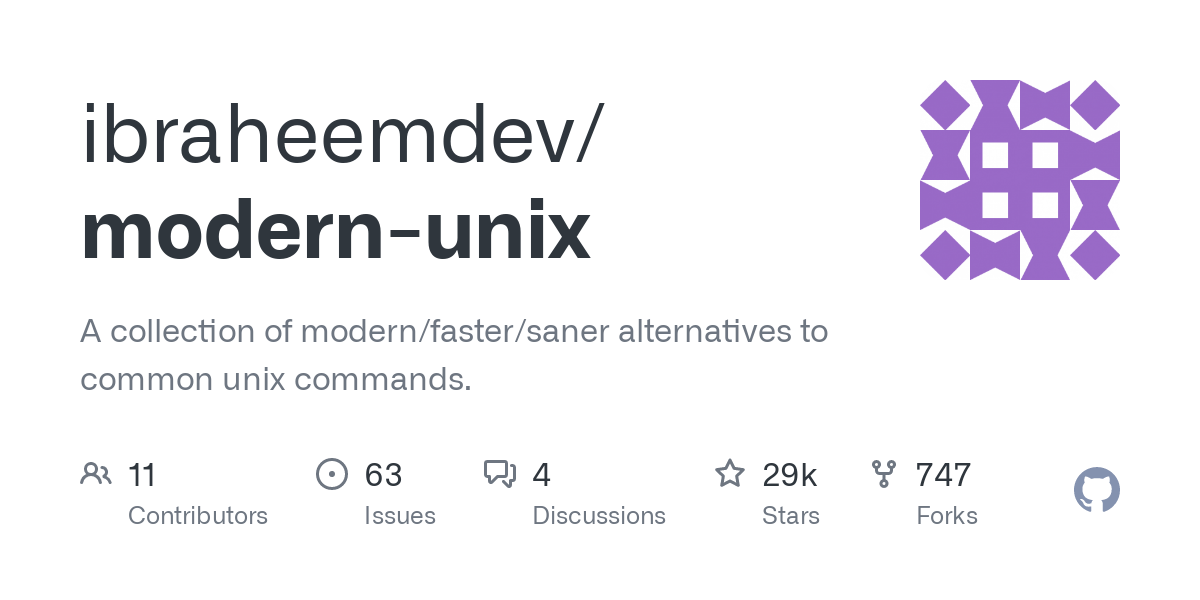- 51 Posts
- 23 Comments

 0·2 months ago
0·2 months agoFederated Jellyfin sounds like stremio+torrentio, so why not just use that instead?
deleted by creator
deleted by creator

 0·3 months ago
0·3 months agoI wouldn’t use it then since I don’t feel as comfortable sharing my bank account as I do sharing a cryptocurrency address.

 0·3 months ago
0·3 months agoI believe any other payment method has someone in the middle taking a cut. What would you propose?

 0·3 months ago
0·3 months agoSome software that enables users to browse all kinds of content and encourages them to donate to creators using cryptocurrency. This program would automatically distribute payments to verified creators who have provided a cryptocurrency address. This ensures that creators receive their rightful compensation for their work.
At present, I only donate to individual creators who receive funding through platforms like OpenCollective, Patreon, or similar services. I don’t even donate to Lemmy because there are multiple developers, but only one person in charge of receiving and distributing donations and I don’t want to waste time and effort making sure the funds are distributed between everyone involved. I’d instead prefer open-source software that simplifies the process and ensures that everyone receives their fair share.

 12·2 months ago
12·2 months agodeleted by creator

 11·3 months ago
11·3 months agodeleted by creator
This is the only thing that pops into my head but it’s not all FOSS so it’s probably not what you are looking for.

 0·4 months ago
0·4 months agoOh right I forgot, then I only have to check that the instance federates with the others I want.

 1·8 months ago
1·8 months agoTemporary files management for a
~/tmpfolder, with archiving and cleanup after x and y days.

 1·8 months ago
1·8 months agoIf you have a link I would really appreciate it.

 2·9 months ago
2·9 months agoI think AI tools are changing too quickly for a yearly survey.

 101·9 months ago
101·9 months agoReact, Go, GraphQL, and PostgreSQL
deleted by creator

 5·9 months ago
5·9 months agoimport asyncio from asyncio import Queue async def read_input(queue: Queue): while True: user_input = await loop.run_in_executor(None, input, "Enter something: ") await queue.put(user_input) async def process_input(queue: Queue): while True: user_input = await queue.get() if user_input == "quit": break print(f"Processing input: {user_input}") await asyncio.sleep(1) # Simulate processing time async def main(): queue = Queue() task1 = asyncio.create_task(read_input(queue)) task2 = asyncio.create_task(process_input(queue)) await asyncio.gather(task1, task2) if __name__ == "__main__": loop = asyncio.get_event_loop() try: loop.run_until_complete(main()) except KeyboardInterrupt: pass finally: loop.close()The
read_inputfunction acts as a producer, continuously reading input from the command line and putting it into aQueue.The
process_inputfunction acts as a consumer, taking items from theQueueand processing them. It prints out each input and simulates processing time withasyncio.sleep().The
mainfunction creates both tasks, runs them concurrently withasyncio.gather(), and handles cleanup of the event loop.This allows the producer and consumer to run asynchronously, communicating through the queue. The
inputcall runs in a threadpool executor to avoid blocking the async loop.

 1·9 months ago
1·9 months agoHarley Quinn changes to sexy clothes








It isn’t, the open source ones that I now are Llama, Mistral and Grok